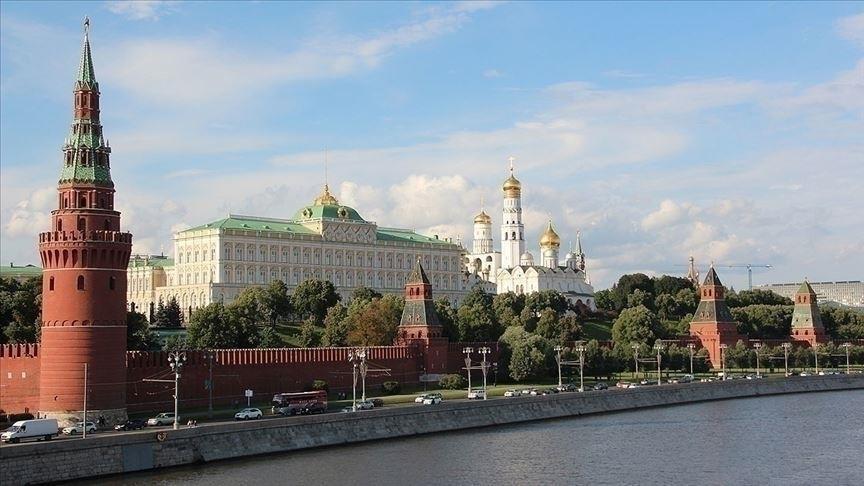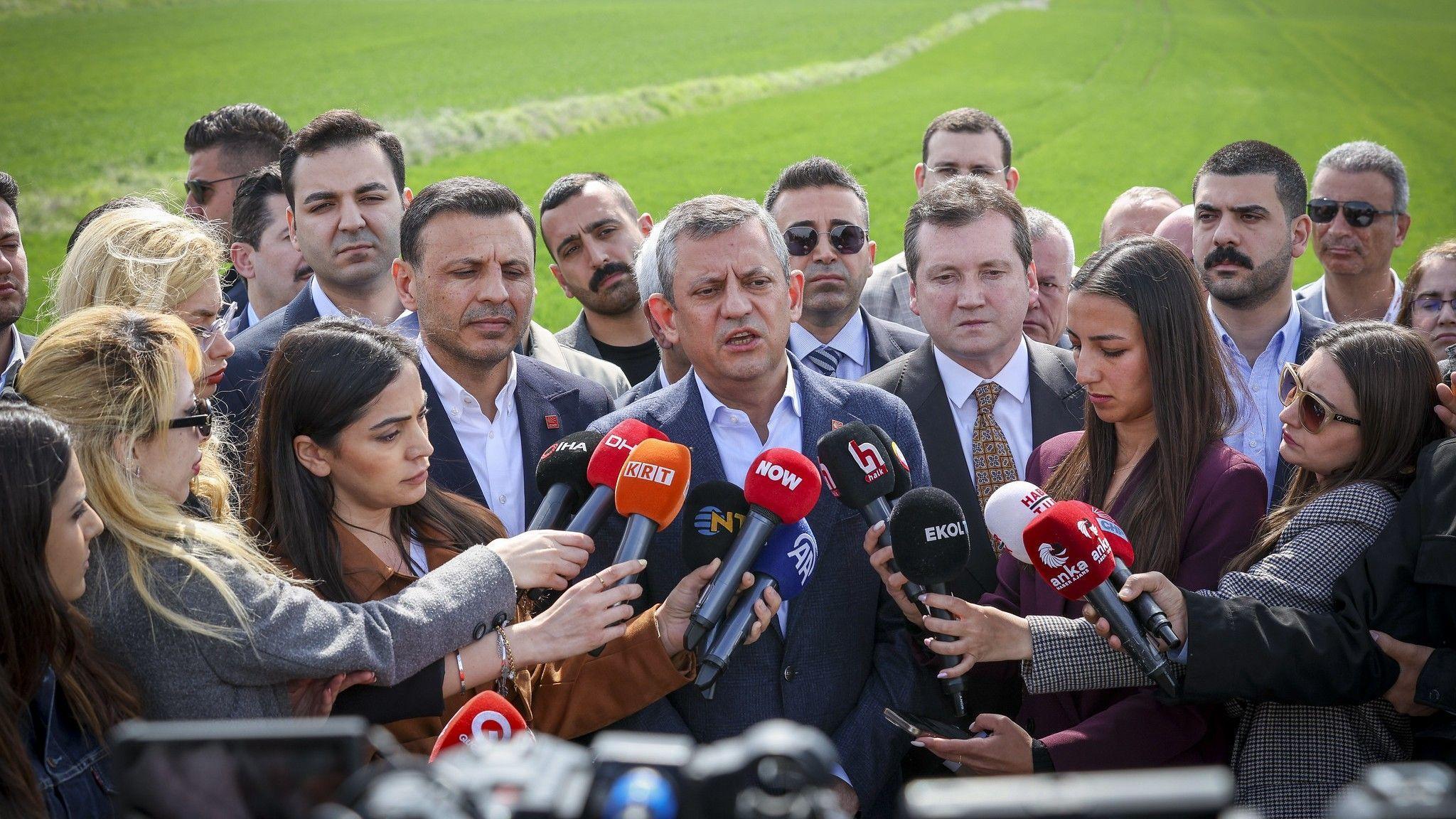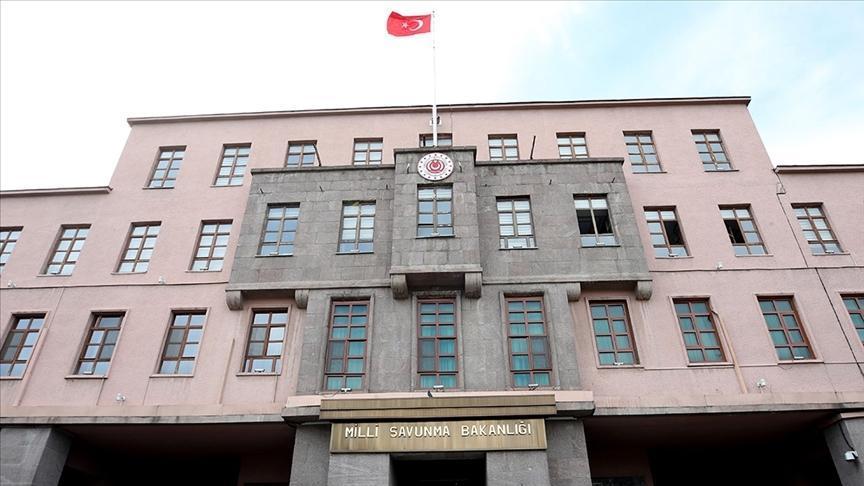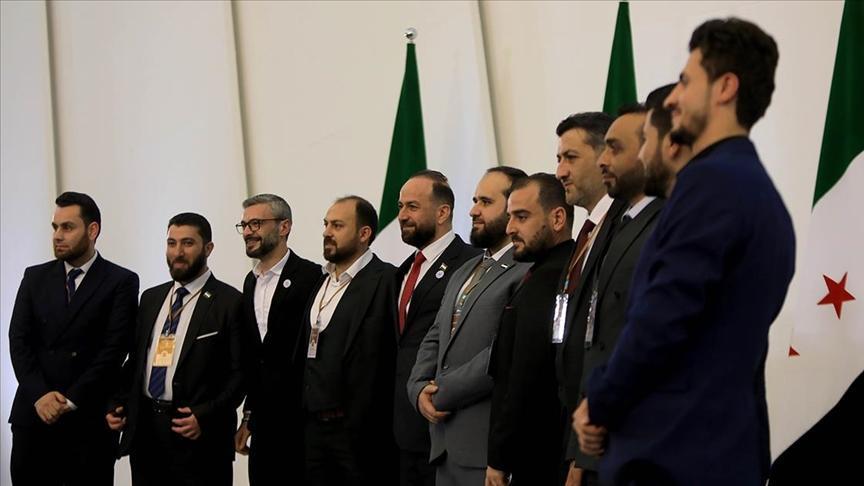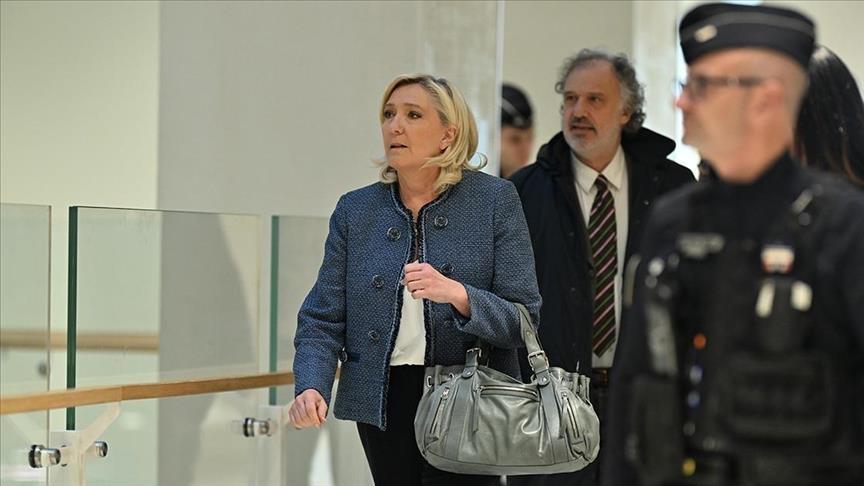Nuclear weapons represent 'real and present danger': UN chief
HIROSHIMA
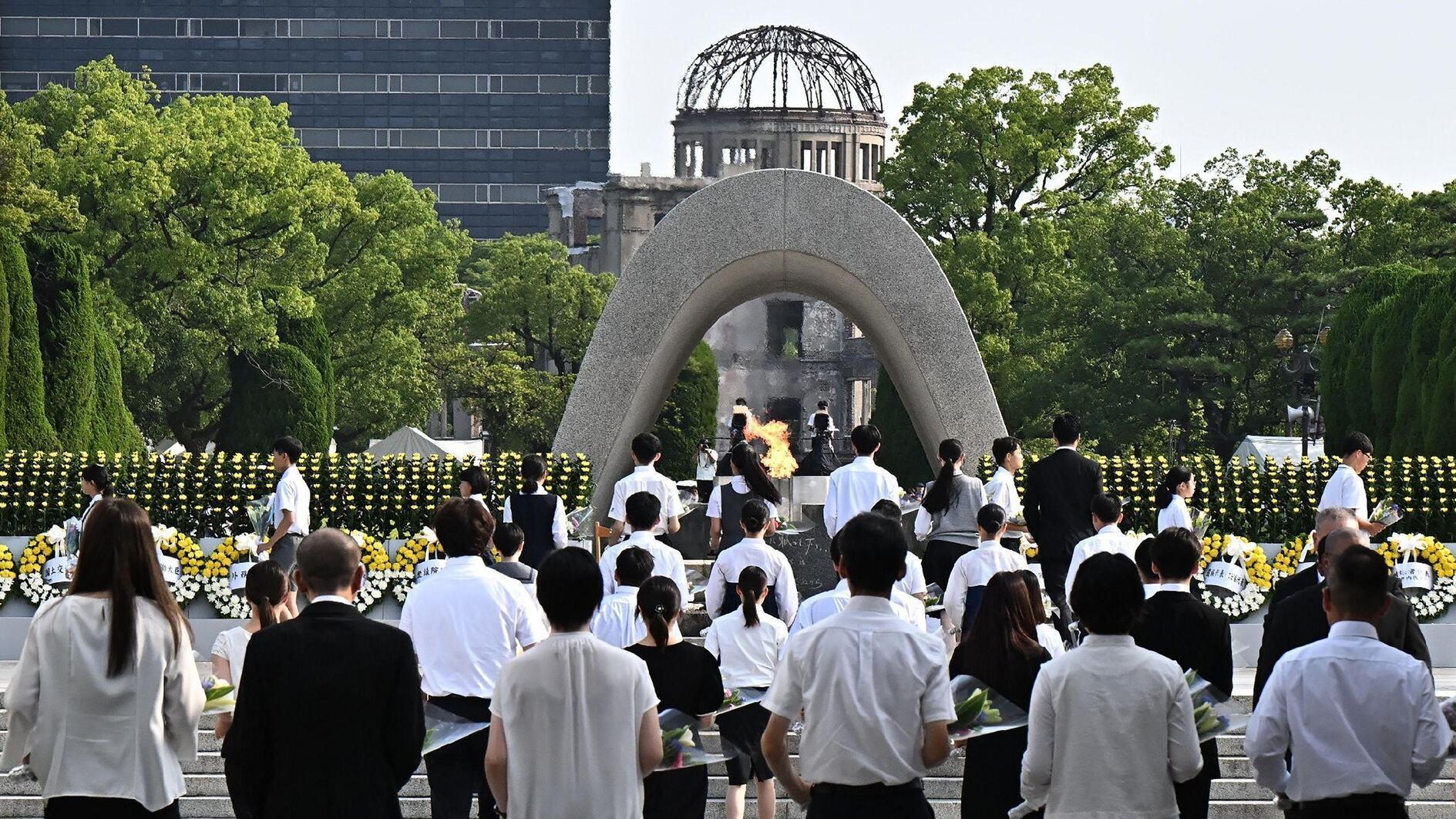
Representatives lay flowers at the Peace Memorial Ceremony held at the Peace Memorial Park in Hiroshima on August 6, 2024, during ceremonies to mark the 79th anniversary of the world's first atomic bomb attack
U.N. Secretary-General Antonio Guterres warned Monday of the clear and present danger of nuclear weapons.
"Nuclear weapons, and the threat of their use, are not confined to history books. They have once again appeared in the daily rhetoric of international relations,” Guterres said in a message to mark the 79th anniversary of the atomic bombing of the Japanese city of Hiroshima by the U.S..
"They represent a real and present danger that remains with us today,” he added.
The Aug. 6, 1945 bombing of Hiroshima during World War II left an estimated 140,000 people dead by the end of the year, while an atomic bomb dropped on the city of Nagasaki three days later killed an estimated 74,000 people.
The two strikes led to the end of World War II, and to this day Japan remains the only country to be hit by atomic weapons in wartime.
"The lessons of Hiroshima, which once guided our collective efforts towards disarmament and peace, have been pushed aside," Guterres said.
While "some are recklessly rattling the nuclear saber once more," he stressed that the U.N. endeavors to keep alive the lessons of 1945.
He called on the world to stand together to condemn "this unacceptable behavior" and find new solutions to bring disarmament to life.
"We will never forget the lessons of 6 August 1945. No more Hiroshimas. No more Nagasakis," he added.
The mayor of Hiroshima also said Tuesday that wars in Ukraine and Gaza were deepening fear and distrust worldwide.
Kazumi Matsui made a somber speech at a memorial event to commemorate the victims of the U.S. nuclear attack.
"Russia's protracted invasion of Ukraine and the worsening situation between Israel and Palestine are claiming the lives of countless innocent people and shattering normal life", he said.
"These global tragedies are deepening distrust and fear among nations, reinforcing the public assumption that to solve international problems we have to rely on military force, which we should be rejecting."
During Tuesday's ceremony, dignitaries including Prime Minister Fumio Kishida -- all clad in black suits -- bowed deeply and laid wreaths at the memorial cenotaph featuring the inscription "rest in peace".
Today, Hiroshima is a thriving metropolis of 1.2 million people, but the ruins of a domed building stand in the city center as a stark reminder of the attack's horrors.
For the third year running, Russia and Belarus were not invited to the ceremony because of the Ukraine crisis.
It was the city's first peace memorial since Israel launched a military offensive in Gaza last year following an attack by Palestinian militant group Hamas on the country.
The Israeli ambassador attended the ceremony as usual, but according to local media, Hiroshima has never invited a Palestinian representative.
"That an invitation wasn't extended to Palestine is shocking", the Permanent General Mission of Palestine to Japan said on social media platform X last month.
A city official told AFP in June that Hiroshima had called for a "ceasefire as soon as possible and resolution through dialogue" in its invitation letter to Israel.
Israel's ambassador has not, however, been invited to the Nagasaki peace ceremony this year.
Nagasaki has said the decision was not politically motivated, but rather taken to avoid any unexpected trouble.


